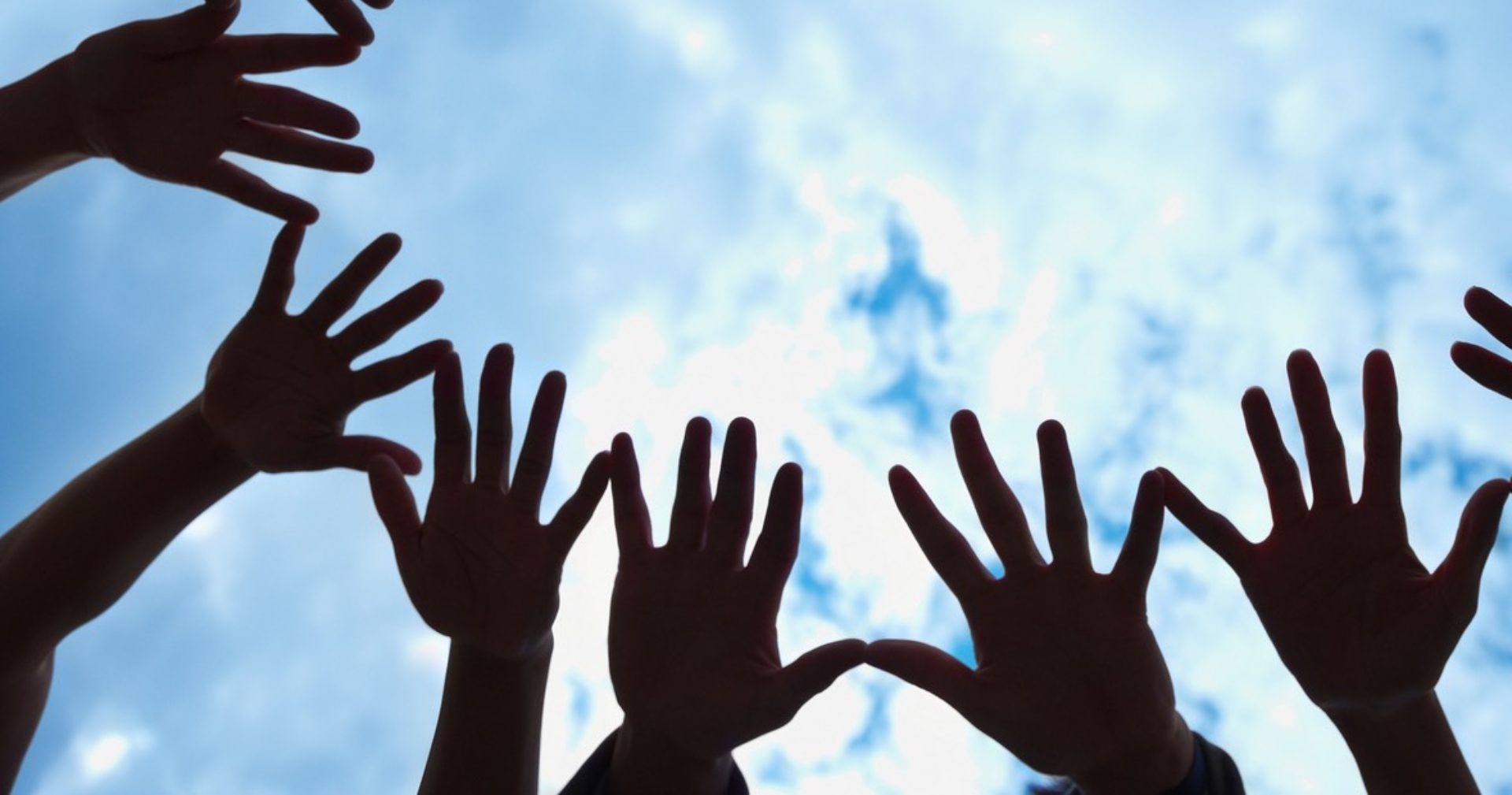Name of the organization
Minors' External Communities
Operational context
Local and National
Main contacts
- Minors’ external community “Barcelona 1”
Address: Gran Via de les Corts Catalanes, 111 edifici P, 5a. planta (Ciutat de la Justícia). 08075, Barcelona.
Phone: 93 554 92 08
- Minors’ external community “Barcelona 2”
Address: Carrer de Vidal i Ribas, 23. 08980, Sant Feliu de Llobregat.
Phone: 93 685 46 11
- Minors’ external community “Barcelona 3”
Address: Avinguda de Francesc Macià, 36 (Edifici Jutjats). 08208 Sabadell.
Phone: 93 745 42 21
- Minors’ external community “Barcelona 4”
Address: Carrer Alcalde Josep Abril, 24 1r. 08302, Mataró
Phone: 93 693 10 52
- Minors’ external community “Barcelona 5”
Address: Gran Via de les Corts Catalanes, 111 Edifici F, 2a. planta (Ciutat de la Justícia). 08075 Barcelona.
Phone: 93 554 91 46
- Minors’ external community “Girona”
Address: Plaça de Pompeu Fabra, 1 (Edifici de la Generalitat). 17002, Girona.
Phone: 872 97 50 00
- Minors’ external community “Tarragona”
Address: Carrer de Sant Antoni Maria Claret, 17 baixos. 43002, Tarragona.
Phone: 977 25 07 55
- Minors’ external community “Lleida”
Address: Carrer del Canyeret, 21-23. 25007, Lleida.
Phone: 973 725 505
- Minors’ external community “Terres de l’Ebre”
Address: Carrer Santa Anna, 3-5. 43500 Tortosa.
Phone: 977 44 80 88
Contact person
Legal representative
Josep Ma. Gispert Pujol
Mission
Implement judicial measures in the social and family environment of minors and youth people, to follow up their socialisation process, to continue and/or improve the links of existing relationships and to work towards the following objectives: (1) Ensure the integration of the minor or young person and the participation of the community in the resolution of the conflict; (2) Guarantee the care of the minor or young person in the areas of health, education, leisure and labour insertion; (3) Support the process of social insertion; (4) Involve the community, through agreements and collaboration agreements with other departments, city councils, county councils and associative sector entities.
Interventions
- Psychosocial competence
Target groups: inmate minors
Place/Facilities: Educational centres (Y outh Detention Centres)
Main actions: Promote the psychosocial competence and resilience of juveniles and youths in juvenile justice educational centres, to provide a model of prosocial adaptation.
- Basic Habits and Abilities
Target groups: inmate minors
Place/Facilities: Educational centres (Y outh Detention Centres)
Main actions: To promote that minors or young people achieve the maximum degree of autonomy in aspects related to basic habits and domestic skills.
-
Education for health
Target groups: inmate minors
Place/Facilities: Educational centres (Y outh Detention Centres)
Main actions: To involve children and young people in their ITP, motivate and guide them towards a process of change favoring social reintegration, reinforcing the general and specialized intervention of the centre.
- Tutorial
Target groups: inmate minors
Place/Facilities: Educational centres (Youth Detention Centres)
Main actions: To involve children and young people in their ITP, motivate them and guide them towards a process of change favoring social reintegration, reinforcing the general and specialized intervention of the center.
- Reinforcement in the family environment
Target groups: inmate minors
Place/Facilities: Educational centres (Youth Detention Centres)
Main actions: To strengthen the family environment of children and young people with measures of internment through a planned intervention.
- Culture and leisure
Target groups: inmates’ minors
Place/Facilities: Educational centres (Y outh Detention Centres)
Main actions: To promote education in the free time of children and young people through their participation in culture and leisure activities.
- Physical education and sport
Target groups: inmate minors
Place/Facilities: Educational centres (Youth Detention Centres)
Main actions: To offer to the minors and young interns enrolled in the ESO the training corresponding to the area of physical education. Improve the psychophysical conditions of children and young people
- Education for diversity
Place/Facilities: Educational centres (Youth Detention Centres)
Main actions: To promote the attention and intervention of a personal and educational character to the children and young people, to facilitate the interactions among groups and the integration of these in the social environment.
- Drug use and addiction
Target groups: inmate minors
Place/Facilities: Educational centres (Youth Detention Centres)
Main actions: To attend and intervene in a specialized manner the problem of drug addiction or other addictive behavior in minors and young people interned in schools.
- Mental health issues
Target groups: inmate minors
Place/Facilities: Educational centres (Youth Detention Centres)
Main actions: To attend and intervene in a specialized way the mental health problems of the children or interned youths.
- Sexual offenses
Target groups: inmate minors
Place/Facilities: Educational centres (Youth Detention Centres)
Main actions: To intervene in a global and specialized way with minors or young people who have committed crimes against sexual freedom (sexual assault and / or sexual abuse) to avoid, on the one hand, recidivism (new victims) and, on the other hand, Teen aggressors become adult aggressors.
- Violent crimes
Target groups: inmate minors
Place/Facilities: Educational centres (Youth Detention Centres)
Main actions: To intervene in a global and specialised way with minors and young people who have committed crimes of violence against persons, on the one hand, to prevent recidivism (new victims) and, on the other hand, for minors or young offenders to become adults Aggressors.

